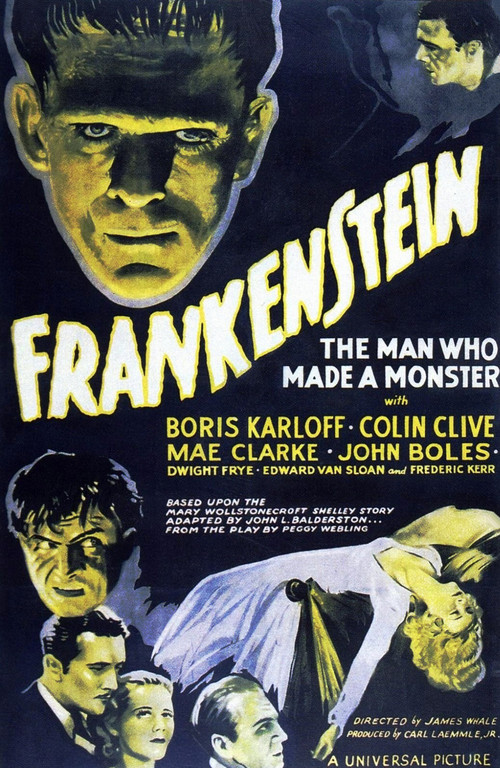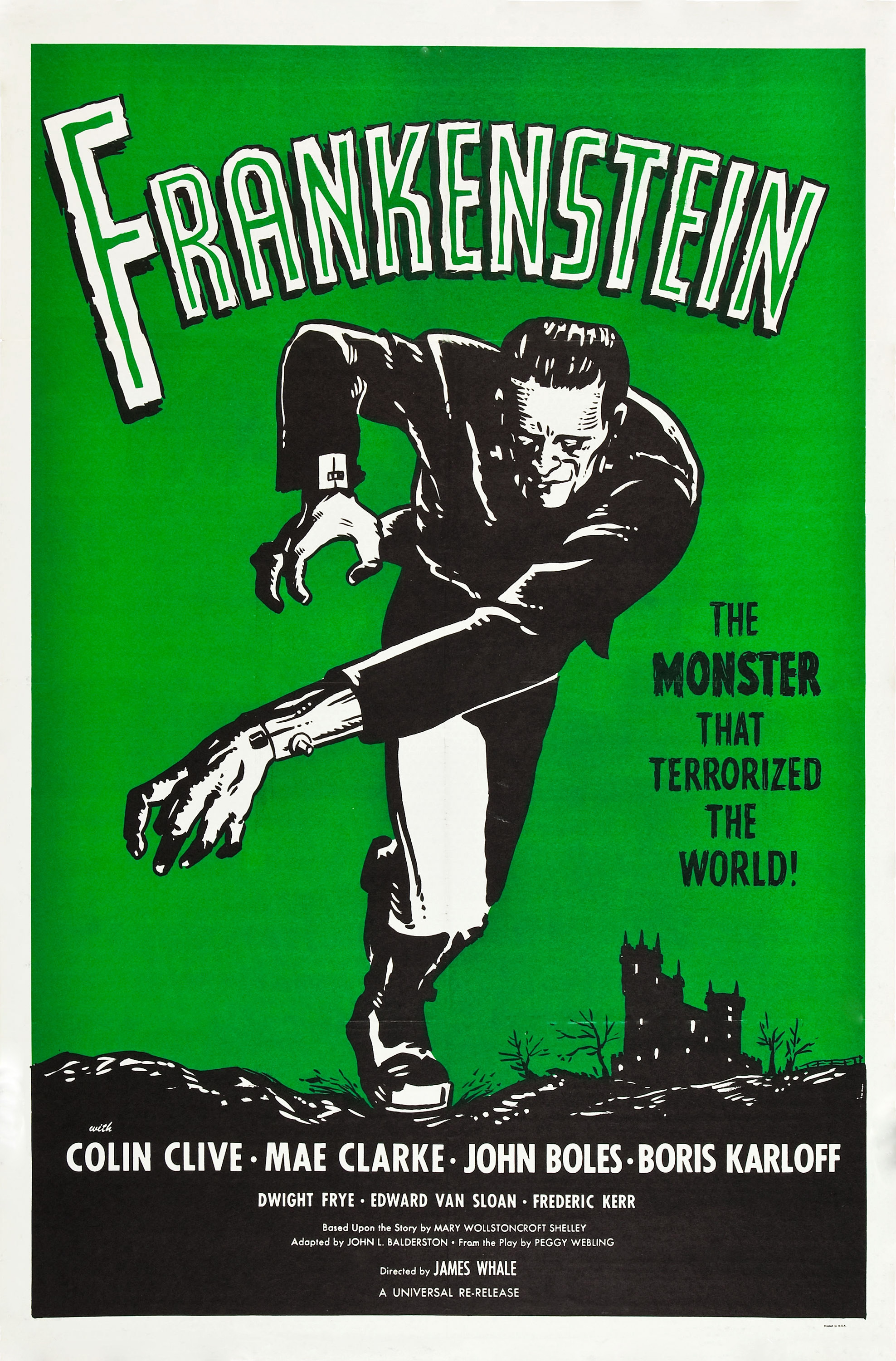

Though little attention has been paid to Shelley’s legacy in children’s literature, I will argue that these adaptations preserve what Young describes as Shelley’s progressive philosophic vision.Works including Frankenstein Makes a Sandwich, Crankenstein, Frankenstein: A BabyLit® Anatomy Primer, Frankenstein: A Monstrous Parody, A Monsters’ Monster and the Monster High webseries show Shelley’s monster as happy and thankful to be alive.

Contrary to how B horror movies or parodies present him, within contemporary children’s culture Shelley’s monster is the eternal optimist. Such changes have degraded Shelley’s eloquent Prometheus into a shambling, mute object of pity. Dwight Codr points out that cultural fears are also imposed on the monster, such as Boris Karloff’s polio-like gait. Elizabeth Young explains that since Frankenstein is such a visually evocative novel, early staged versions of Shelley’s monster, such as Richard Peake’s Another Piece of Presumption (1824), have dramatically influenced cultural conceptions of the work.


 0 kommentar(er)
0 kommentar(er)
